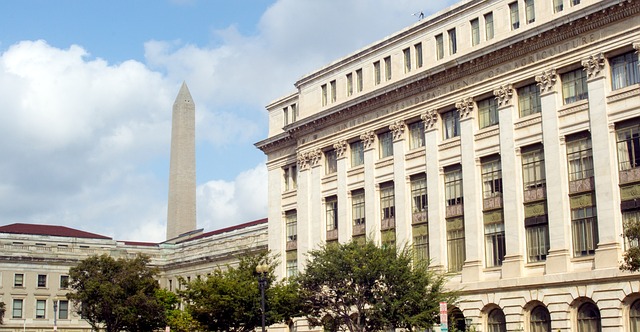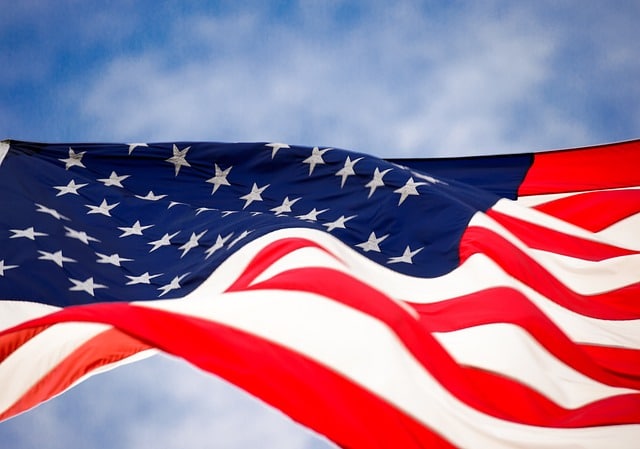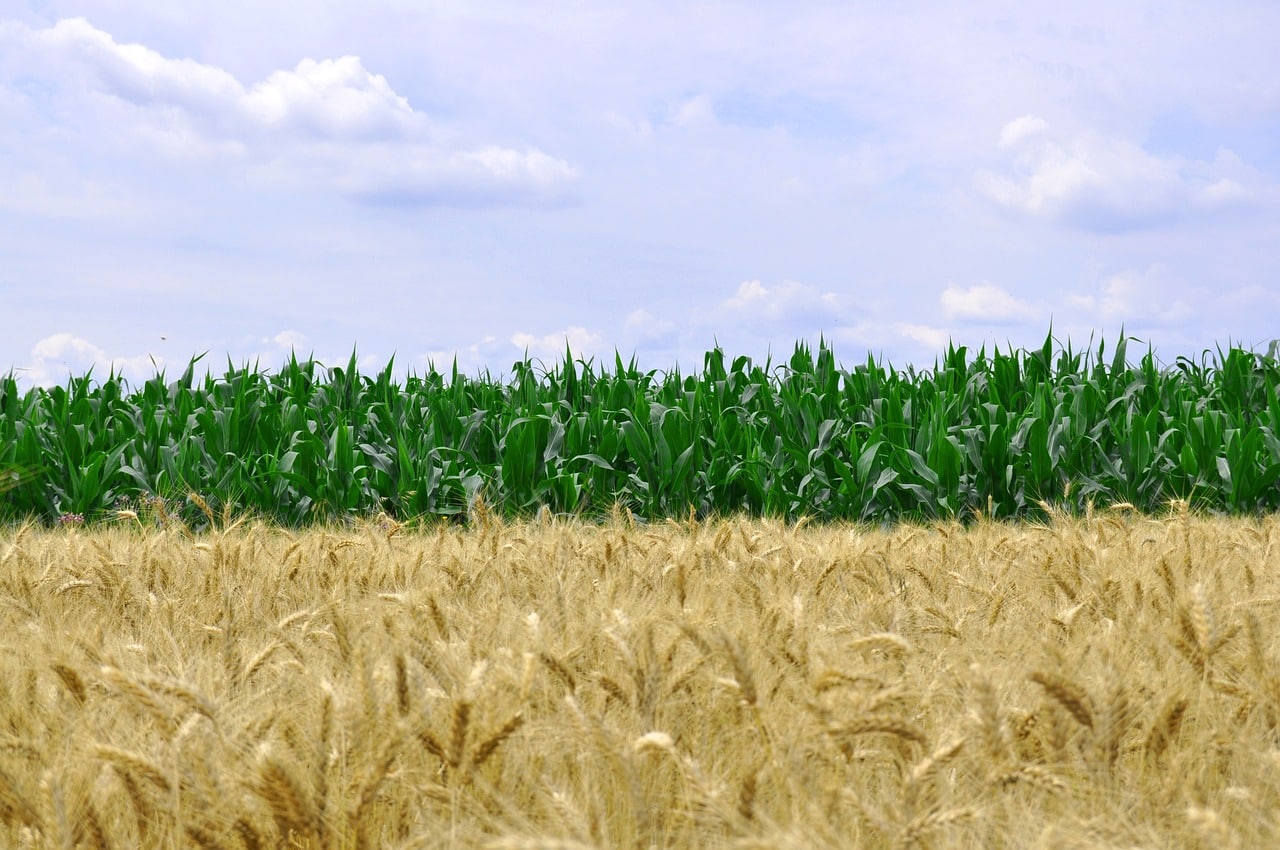Trump’s pick is Brooke Rollins, who has limited experience in agriculture.
If confirmed, Rollins would be the second woman to hold the office. Her name may not yet be widely recognized in agricultural circles, but her policy background and leadership credentials could influence how the U.S. Department of Agriculture (USDA) approaches critical issues like innovation, sustainability and rural development. For the seed industry, understanding who Rollins is and what her leadership might bring is essential.
A Policy Powerhouse with a Focus on Rural America
Rollins’s resume includes time as president and CEO of the Texas Public Policy Foundation, where she advocated for free-market solutions to societal challenges. She later served as Director of the White House Domestic Policy Council during the Trump administration, overseeing initiatives aimed at economic growth, criminal justice reform and rural development. While her direct experience in agriculture may be limited, her record of engaging in broad policy discussions provides insights into how she might address agricultural challenges.
Rollins has emphasized empowering local communities and reducing bureaucratic hurdles — a philosophy that could intersect with challenges independent seed companies face. However, her approach may require significant collaboration with agricultural experts to address the complexities of the sector.
Why the Seed Industry Should Pay Attention
The USDA’s policies under new leadership will inevitably shape the landscape for seed companies. Here are three areas where Rollins’s potential appointment could impact the industry:
- Biotechnology and Innovation: Rollins has shown support for advancing technology to solve complex challenges. If she prioritizes agricultural innovation, the seed industry could see a focus on research in genetic advancements and crop resilience, though such initiatives would depend on alignment with congressional and USDA priorities.
- Sustainability and Climate Adaptation: With sustainability dominating conversations in agriculture, Rollins’s approach could influence how the USDA supports regenerative practices, soil health initiatives, and carbon sequestration. Her stance on specific climate-related policies is not yet well-documented, leaving some uncertainty about how she will prioritize these issues.
- Trade and Market Access: Rollins’s potential to advocate for reduced trade barriers and expanded market access could benefit seed exports. Her history of emphasizing rural economic development suggests she might work to create opportunities for both large and small seed businesses, though the scope of these efforts remains to be seen.
Challenges and Considerations
While Rollins’s pro-business approach may appeal to some in the seed industry, others may question her limited direct agricultural experience. Bridging the gap between high-level policy and the on-the-ground realities of farming and seed production will require significant input from industry stakeholders and experts. Engaging with the USDA will be crucial for ensuring that the seed industry’s needs are addressed.
What’s Next for the Seed Industry?
The Senate Agriculture Committee has not yet announced a confirmation hearing date for Rollins. They have attributed delays to the completion of necessary background checks and ethics paperwork. As stakeholders in the agricultural sector, we should monitor the situation closely, as the confirmation process could provide early indications of her priorities and approach to leadership.
If confirmed, Rollins’s tenure could mark a moment of change for the seed industry. Her leadership might bring opportunities to enhance innovation, simplify regulatory processes and expand market access. But all if this will depend on her ability to navigate the complexities of agriculture and collaborate with key industry players.
Certainly, seed companies, researchers and growers will closely monitor her policy priorities and prepare to adapt. Engagement with policymakers, active participation in industry associations and a commitment to advancing sustainable practices will be key strategies for thriving under new USDA leadership.
Brooke Rollins’s leadership could provide opportunities for innovation and rural prosperity, but the real impact will depend on the policies she pursues and the collaboration between the USDA and the agricultural community. Seed World will keep an eye on the process and keep you informed.













